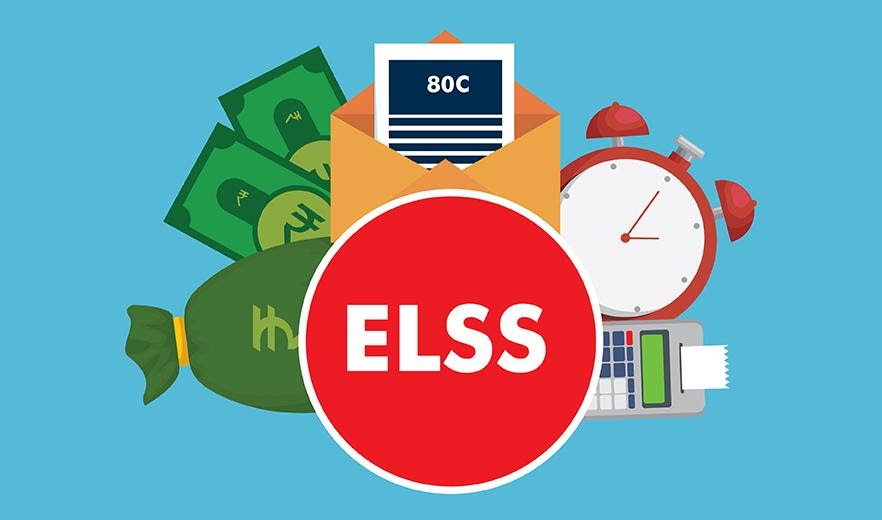Why ELSS funds are a great investment option for tax saving?

ELSS funds
Equity-Linked Saving Schemes (ELSS) have become a highly sought-after investment vehicle for those looking to reduce taxes while building wealth. Mutual fund houses offer ELSS funds that invest primarily in stocks and equity-related instruments, allowing investors to capitalize on potentially high returns from the stock market. This article discusses why ELSS funds are an invaluable vehicle for tax savings purposes.
Why choose ELSS?
Firstly, ELSS funds qualify for tax deductions under Section 80C of the Indian Income Tax Act, 1961, allowing investors to claim up to INR 1.5 lakhs each year through investing in these funds. Investing in ELSS funds decreases taxable income, thus lowering tax liability. For instance, if an individual’s annual income is INR 10 lakhs but they invest only INR 1.5 lakhs into ELSS funds, their taxable income would decrease to INR 8.5 lakhs.
How does ELSS work?
ELSS funds typically invest in equity instruments, which have the potential to deliver higher returns compared to traditional tax-saving vehicles such as Public Provident Funds (PPF), National Savings Certificates (NSC), and Fixed Deposits (FD). With a relatively shorter lock-in period of three years, ELSS funds are an appealing choice for investors with an adventurous investment philosophy. Compared to other tax-saving instruments, PPF has a lock-in period of 15 years, and NSC and tax-saving FDs have a lock-in period of five years.
ELSS through SIPs
ELSS funds offer investors the flexibility of investing through a systematic investment plan (SIP), an easy and disciplined method for investing small amounts at regular intervals to reap the benefits of compounding and rupee cost averaging, helping reduce market volatility. SIPs allow investors to start saving for tax with as little as INR 500 monthly, making ELSS funds an accessible solution.
Advantages of ELSS funds
- ELSS funds provide diversification benefits by investing across numerous sectors and industries, thus lowering the risk associated with investing solely in one sector or company. Furthermore, their management by professional fund managers gives investors peace of mind as their market research expertise allows for informed investment decisions to be made.
- Since ELSS funds require an initial lock-in period of three years, they promote long-term investing which is key for wealth creation. Over time, equity investments may provide inflation-beating returns, making ELSS funds an appealing option for investors seeking long-term capital appreciation.
However, note that ELSS funds carry greater risks than traditional tax-saving instruments due to their exposure to stocks. Therefore, investors must carefully consider their risk tolerance, investment horizon, and financial goals when choosing an ELSS fund as their tax-saving investment vehicle.
Conclusion
Equity-Linked Saving Schemes (ELSSs) have quickly become one of the top tax savings investments due to their many benefits, especially under Section 80C of the Internal Revenue Code. Not only can investors save taxes with these funds but also enjoy higher returns, shorter lock-in periods, diversification advantages, and a range of SIP options make ELSS funds accessible and affordable across income levels.




